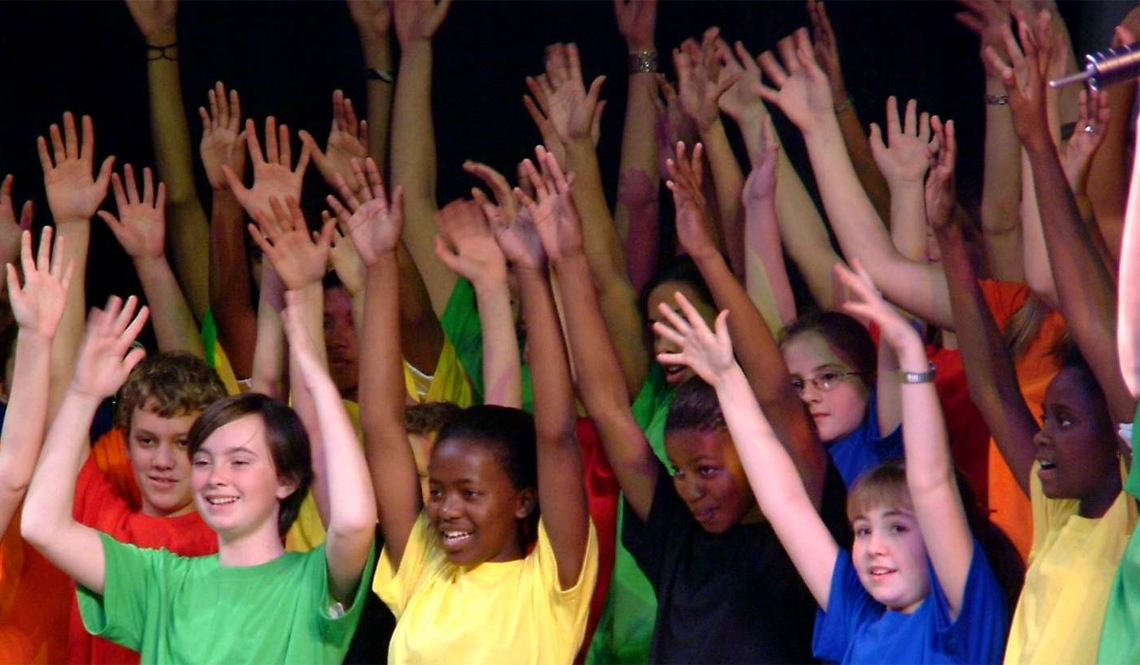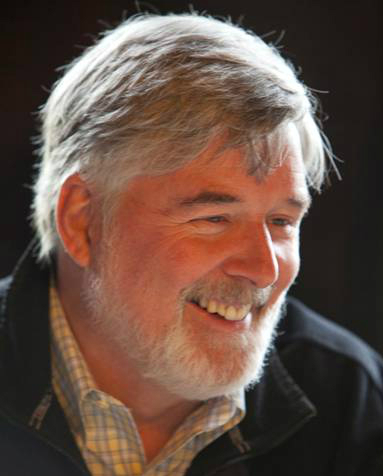Best Friends/Worst Enemies: Friendship Development, Popularity and Social Cruelty in Childhood
Abstract
Children don’t want adults to be involved in their social lives. They hate it when teachers "interfere." Yet teachers are witnesses to the exclusion of low-status children in elementary schools and the popularity wars of middle school and they must act to protect the weak. Parents also see the friendship difficulties of their own children. Some take their children’s social ambitions to heart and worry that their children are not popular. Other parents hope the school can protect their children from all social pain.
Social cruelty among kids is one of the most difficult things that adults have to confront in raising or educating children. Experienced teachers can be confused about how to protect a child in class, for fear of putting a rejected or controversial child in “the limelight.” They can also feel defensive when parents of neglected or victimized children come to the school for help.
This presentation walks teachers and parents through the complex social world of childhood and addresses a number of questions: What do social relationships in school predict about happiness in adult life? What is the normal sequence of child friendships, from the parallel play of the two-year-old to the intimate self-disclosure of the adolescent? Why do cliques form and what are the differences between boy and girl groups? Why are children scapegoated and how can their parents and school protect them? Dr. Thompson will draw on research to highlight the differences between friendship and popularity. He makes suggestions about the management of social problems in schools and makes the case that while all children yearn for popularity, it is friendship that helps children survive and thrive.

Workshop Info
For additional information, see a sample day with Dr. Thompson or refer to a description of workshop topics.
To schedule this workshop, contact Elizabeth Diggins — Administrative Assistant to Michael Thompson, Ph.D.
